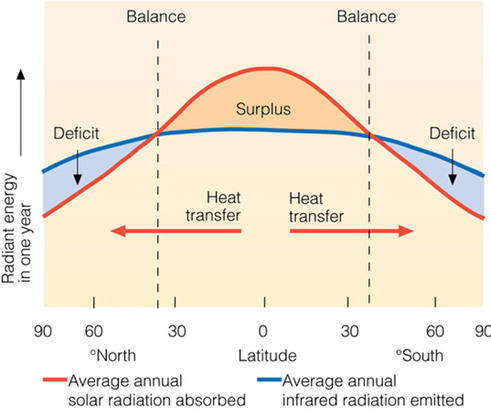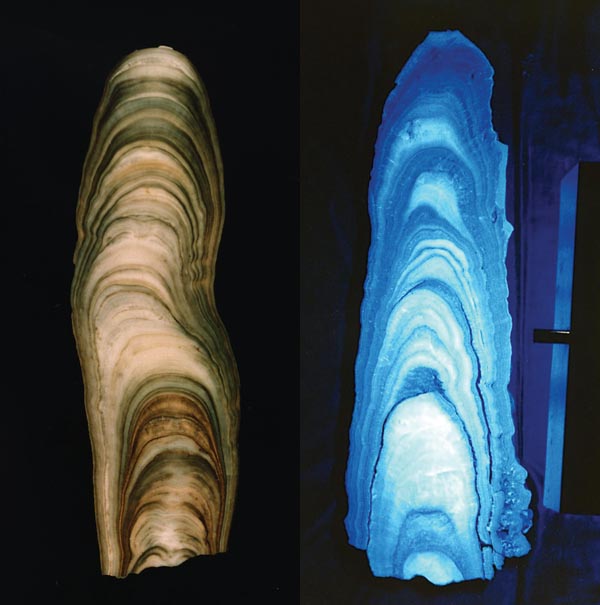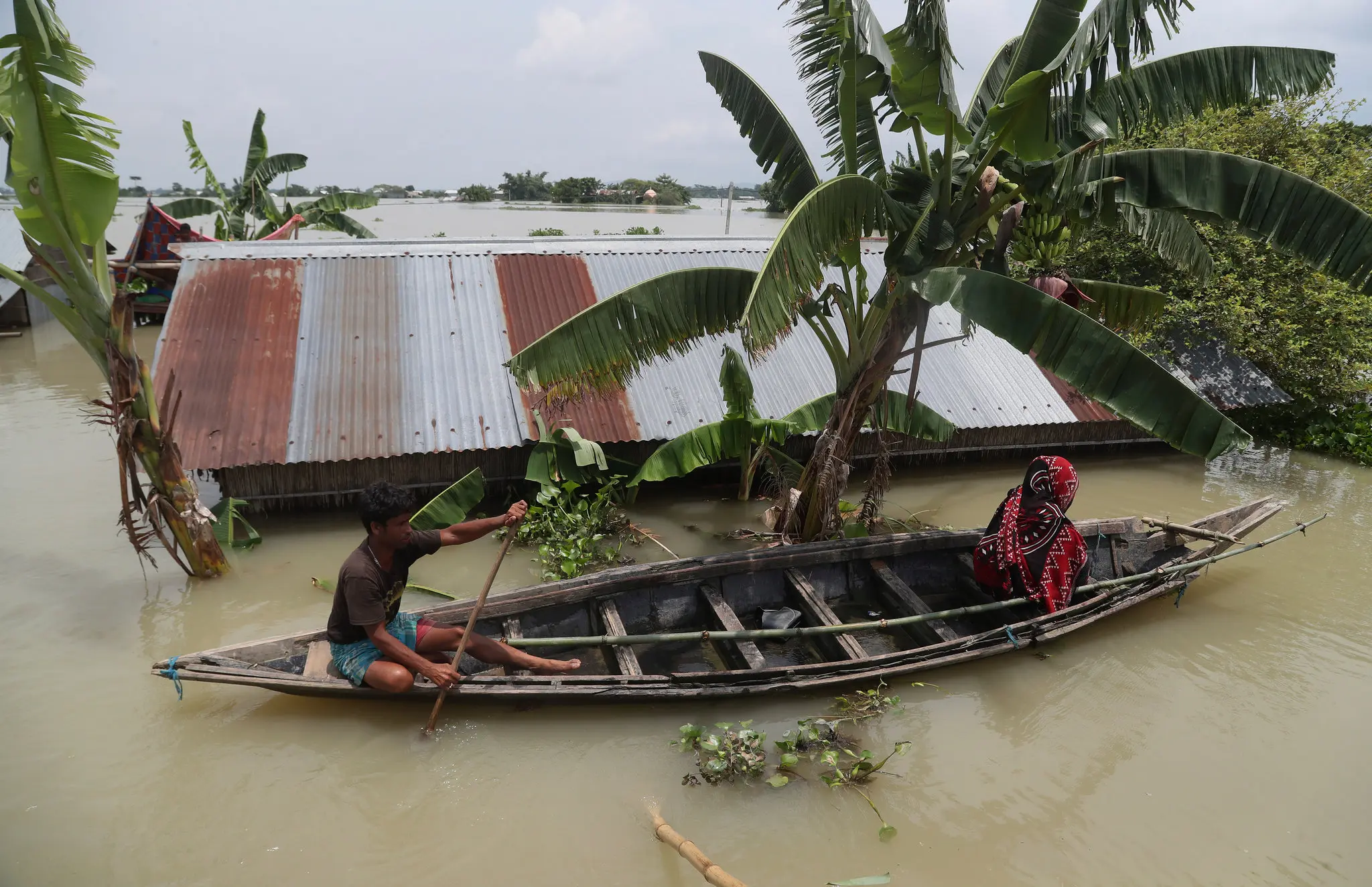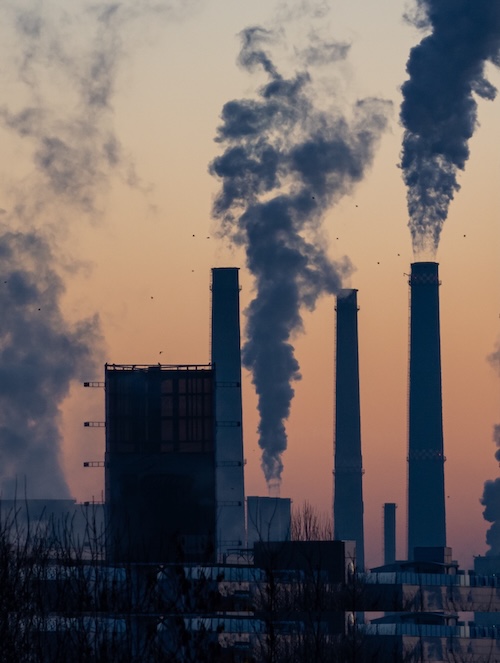Climate Daynamics Lab
Climate Modeling and Dynamics, Data Science, Paleoclimate

North Atlantic sea surface temperatures fluctuate in complex patterns.
Climate Dynamics Lab (CDL) thrives on curiosity-driven research, exploring compelling questions wherever they arise in climate science, from paleoclimate to future projections. For example, we focus on understanding Atlantic Multidecadal Variability (AMV) and Interdecadal Pacific Oscillation (IPO) and their role in shaping global climate patterns. We also investigate paleoclimate dynamics, including orbital/meltwater forcing mechanisms and their impacts on monsoon systems, providing crucial context for understanding contemporary climate change.
Our work bridges theoretical understanding with practical applications. For example, we employ stochastic modeling to quantify the respective role of atmosphere and ocean in the global sea surface temperature variability. We use machine learning to explore predictability of ENSO.
Through this interdisciplinary approach, CDL aims to advance our understanding of the physical processes governing past, present, and future climate variability and change, with implications for improving climate predictions and informing climate adaptation strategies.
We welcome diverse perspectives and embrace challenging questions across the full spectrum of climate dynamics.
News
Selected Publications
Journal Articles
- NCC
 The transient response of atmospheric and oceanic heat transports to anthropogenic warmingNature Climate Change, 2019
The transient response of atmospheric and oceanic heat transports to anthropogenic warmingNature Climate Change, 2019 - Sci.Adv.
 Hydroclimate footprint of pan-Asian monsoon water isotope during the last deglaciationScience Advances, 2021
Hydroclimate footprint of pan-Asian monsoon water isotope during the last deglaciationScience Advances, 2021 - Sci.Adv.

- Nat.Commns.
 Deglacial variability of South China hydroclimate heavily contributed by autumn rainfallNature communications, 2021
Deglacial variability of South China hydroclimate heavily contributed by autumn rainfallNature communications, 2021
